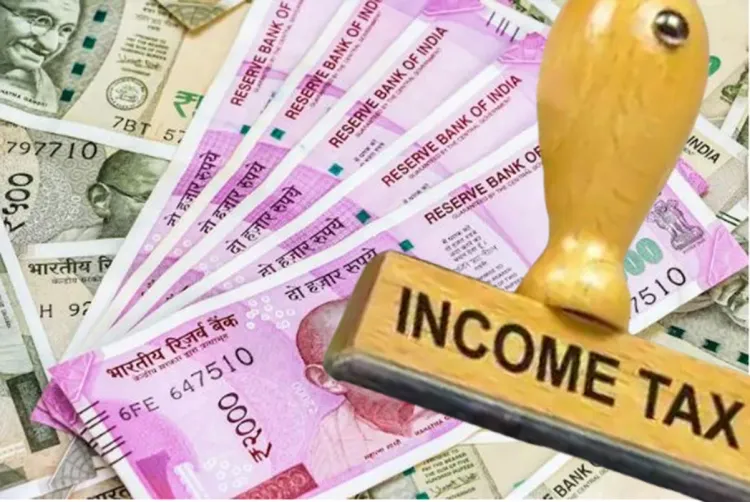Will the Income Tax Bill 2025 Change Tax Rates?

Synopsis
Key Takeaways
- The Income Tax Bill 2025 will simplify tax language.
- It does not propose any changes in tax rates.
- The bill aims to modernize the tax framework.
- Focus on clarification and removal of outdated provisions.
- Introduced in the Lok Sabha during the Budget Session of February.
New Delhi, July 29 (NationPress) The Income Tax Department clarified on Tuesday regarding the proposed Income Tax Bill 2025, stating that the bill is intended solely to simplify the language and eliminate redundant or outdated provisions. It does not include any changes to tax rates.
This clarification comes in response to various media reports and social media discussions that suggested the new bill would modify Long Term Capital Gains (LTCG) tax rates for specific taxpayer categories.
Some reports even implied that the current tax exemptions on equity investments might be rescinded.
“There are news articles circulating across multiple media platforms claiming that the new Income Tax Bill, 2025 proposes changes to tax rates on LTCG for certain taxpayer categories. We clarify that the Income Tax Bill, 2025 focuses on language simplification and the removal of outdated or obsolete provisions,” the department stated in an official post on the social media platform X.
“It does not aim to change any tax rates. Any uncertainties regarding this matter will be addressed during the Bill's passage,” the department added.
This statement emphasizes that the new legislation aims to enhance understanding and streamline existing provisions without modifying the current tax framework.
It's important to highlight that the new Income Tax Bill was presented in the Lok Sabha during the Budget Session in February this year.
Subsequently, it was referred to a select committee of the Lok Sabha, which recently submitted its report.
The bill seeks to replace the existing Income Tax Act, 1961, with the primary objective of making tax laws simpler, more modern, and technology-friendly.
This marks the first complete rewrite of tax law.










